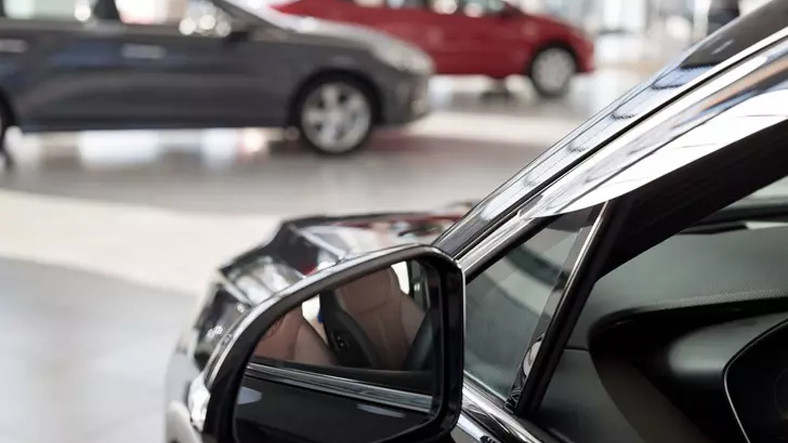According to data provided by the Brazilian Association of Electric Vehicles (ABVE), there has been a significant increase in the number of electric vehicles on the roads in Brazil over the past three years. According to ABVE, tripled the number of cars of this type in circulation in the country over the past three years. This growth is directly related to the growing concern for the environment and the search for more sustainable solutions in the transport sector.
News
Ronin EV promises to enter the market with a range of 900 km …
Convertible sedan on an electric car will be officially presented on August 3
According to ABVE, this trend towards the introduction of electric and hybrid vehicles is driven by two main factors: technological advances in the automotive industry and government policies to encourage the transition to a cleaner and more efficient fleet. Initiatives such as tax incentives and expansion of the charging infrastructure have played a key role in this process.
Despite the progress made, the popularization of electric vehicles in Brazil still faces significant challenges. One of the main obstacles is the high cost of acquisition, which limits access to this innovative technology for the general population. In addition, charging infrastructure is still limited, raising concerns about the autonomy of electric vehicles on long journeys and intercity travel.
To drive the development of electric vehicles in the country, technology company focused on urban mobility and convenience, 99 is leading the Alliance for Sustainable Mobility in partnership with 11 other companies. This initiative is part of DriverLAB, a solution center dedicated exclusively to 99 partner drivers. The ambitious goal is to reach a fleet of 10,000 hybrid electric vehicles on the platform by 2025, and to contribute to the creation of 10,000 public charging stations in that same period.
Favorites in the world
Brazil is following the global trend of introducing electric vehicles. In China, for example, the country stands out as the world leader in this segment. As the population grows more concerned about air quality and environmental impact, China has invested heavily in the electrification of its vehicle fleet. Companies such as DiDi Chuxing have played a key role in popularizing shared electric vehicles in the country by offering affordable access and reliable infrastructure for urban transport.
Apart from China, other countries are also rapidly promoting the use of electric vehicles. In Norway, for example, more than half of new car sales are electric vehicles, driven by tax breaks, reduced tolls and free parking. In the United States, California is leading the way in electric vehicle adoption by encouraging the construction of charging infrastructure and offering subsidies for the purchase of these vehicles.
The significant increase in the number of electric vehicles in Brazil reflects the growing concern of society for the environment and the search for more sustainable alternatives in the transport sector. Despite challenges such as high costs and evolving infrastructure, initiatives led by 99 and others show a commitment to promoting sustainable urban mobility.
It is important to emphasize that the transition to electric vehicles not only helps to reduce greenhouse gas emissions and improve air quality, but also stimulates the development of more advanced and efficient technologies in the automotive industry. Brazil, like other countries in the world, supports this global trend towards a cleaner and more sustainable future.
Mundo Conectado Deal Center: Selection of Discounts and Lowest Prices
Best deals on electronics, cell phones, TVs, soundbars, drones and more
Via: Estadan
…..














